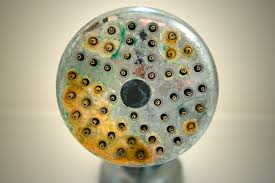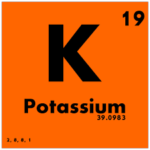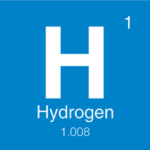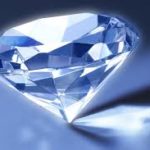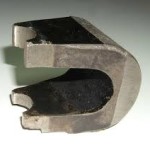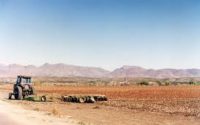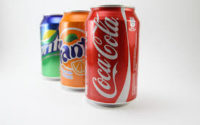Soft and hard water:Points ought to be known
Water is known as elixir of life. This precious resource is used by all living organisms for their survival. You might have noticed formation of scales on your kitchen sinks, bathroom surface. This is due to the prolonged use of hard water.
Hard water is water containing appreciable amounts of dissolved minerals like calcium and magnesium in the form of ions. As it contains minerals, it is not harmful to our health. When hard water is boiled, it releases carbonates forming scales in utensils like tea kettles used for boiling. Hard water can be distinguished by its metallic and dry taste.
Scales caused by the prolonged use of hard water makes the kitchen, bathrooms, taps and other plumbing devices look old. Though the cations present in hard water (Ca2+, Mg2+) are water soluble, their relative concentration causes the displacement of ions from the solution. This is responsible for the calcinations seen on water faucets, which is nothing but a precipitation of calcium or magnesium carbonate. It is not suitable for some industrial applications as it may damage the equipments like pipes by slowly clogging the pipelines completely.
Soap does not lather easily in hard water though detergents do. This is because when they come in contact with soaps, hard water reacts with the organic acids (present in the soap) to form a precipitate called ‘scum’. Thus, hard water does not seem to be suitable for purposes like bathing and washing clothes.
Soft water on the other hand contains few or no elements. It is treated water which only contains sodium ions and other ions removed. It may taste slightly salty and hence might not be suitable for drinking. Upon boiling, it does not form scales unlike the hard water. It also lathers easily with soaps and detergents.
Hardness could be of two types depending on the ions present. Temporary hardness is due to the presence of calcium and magnesium ions while permanent hardness is due to the presence of sulfate or chloride ions along with calcium and magnesium ions. Temporary hardness could be removed by boiling or adding lime while permanent hardness cannot be.
What are beacons? What are their applications?
What are the interesting features of giraffes, the tallest land animal?

